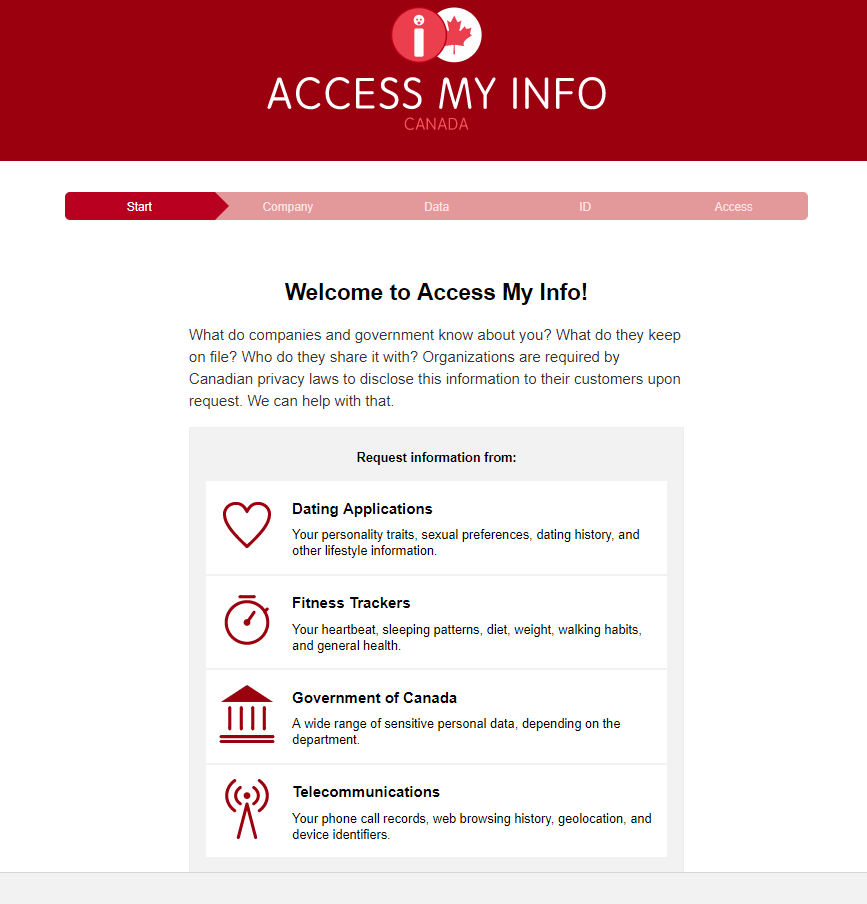NOTE: I want to say up front that I believe content creators should be compensated for their work but history proves that laws cannot change user behavior. Make content available affordable in a flexible manner and see what happens (e.g. the streaming music model dramatically reduced music piracy because it became affordable and easily available on all of your devices).
A coalition of 25 Canadian media companies are petitioning the Canadian Ratio and Telecommunication Commision (CRTC) to establish a new piracy review agency called the Independent Piracy Review Agency [FairPlay movement].
Who makes up this coalition? See the list below but it includes : Actra, ADISQ, Bell, CACE, CBCB, Guzzo, Cineplex,Cogeco, Corus, eOne, etc.
The recommendation is that media companies want this new IPRA to have the authority to act quickly without needing a court order to block an offending website.
Understandably many organizations (e.g. OpenMedia & SumOfUs) have mobilized their support base to voice their objections. The first round of comments ended on March 29, 2018, and we can see close to 10,000 comments against the FairPlay proposal.
The common thread amongst the comments is that Canadians do not want a small group of publishers to have the power of censorship over the internet.
Supporters believe the case is clear-cut and the government must act to protect rights owners. Other companies (like ISPs Telus, Shaw) are not card-carrying members but have shown their support for the proposed plan. You can read the Telus Intervention document (support document) here.
All supporters of this plan know the public may complain of possible "over restrictions" and most supporting documents go to great lengths to convince the CRTC commission that controls will be in place to avoid "censorship".
I am proud that my Internet Service Provider, TekSavvy is taking the side of Canadians and has come out against the proposal. I believe in voting with my money which is why I chose TekSavvy as my ISP when I moved. I want to encourage more companies to defend the interests of everyday internet using Canadians.
“The [...]proposal for site blocking would fundamentally reshape how Internet services would work in Canada,”
Open Privacy is a not-for-profit group whose mandate is to empower communities through technology. They have come out against FairPlay on the grounds that it will harm the internet's integrity and openness. Open Privacy believes FairPlay regulations will negatively impact internet affordability and online privacy of Canadians.
NOTE FROM SITE: We know major telcos have deployed deep packet inspection technologies to determine what users are doing online. It is reasonable to assume that these technologies will become more invasive once this change passes.
The Creative Commons , A not-for-profit that has created a suite of licensing tools to enable content creators to share their content more freely has come out against this proposal.
“It is not apparent why online copyright infringement should be dealt with as a telecommunications matter — as opposed to a copyright matter”
Even the Canadian Internet Registration Authority, the group behind the .ca domain name system, has come out against this proposal stating that existing copyright protection tools are adequate, effective and sufficient.
Conclusion
This is a thorny issue with both sides convinced they are speaking the truth. History has shown that piracy cannot be controlled by regulation. The government stopped Napster (back in the day) but they didn't kill piracy. I believe piracy can only be reduced when content is made available easily (without draconian Digital Rights Management arbitrarily determining where and when you can play content you have paid for) and must be offered at a reasonable price.
Many Canadians feel like they have been beaten with the proverbial stick by Canadian media companies. They feel trapped by expensive content that isn't watchable everywhere. Many see piracy as a silent revolt against the establishment.












